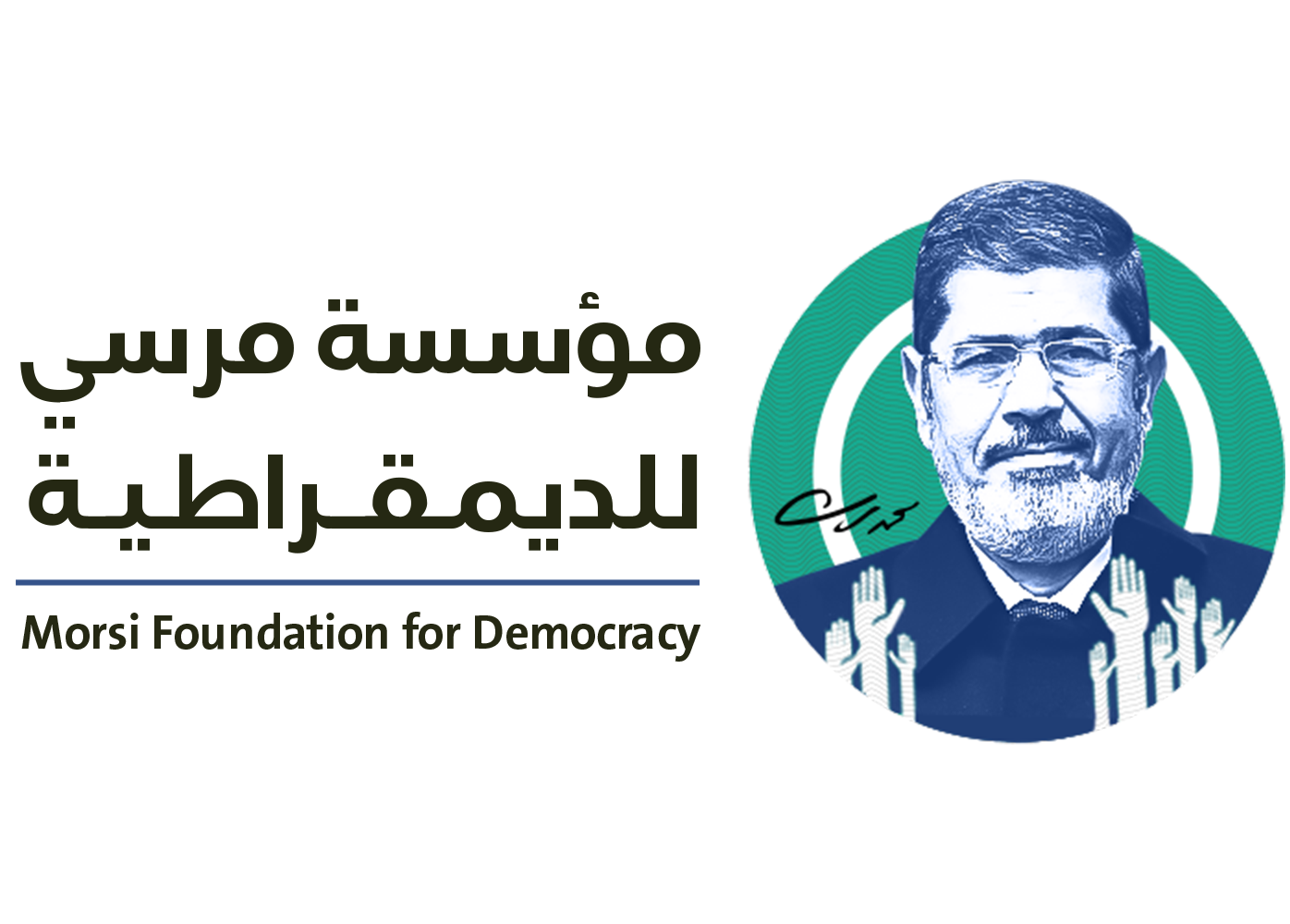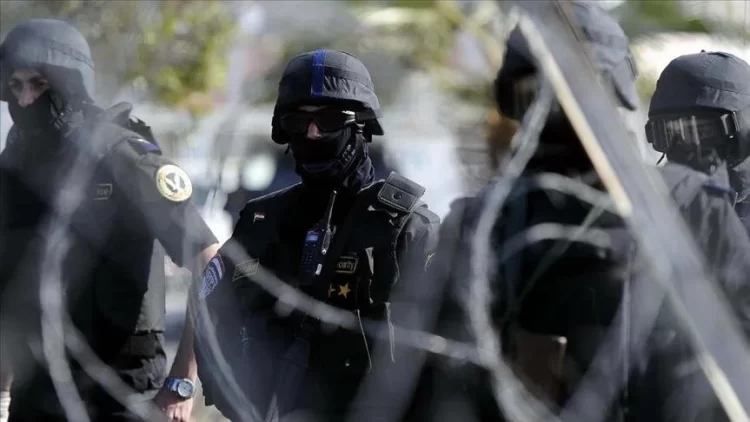Western democracies are looking out for their interests
Bahey El-Din Hassan, Director of the Cairo Center for Human Rights, says, “The international community and Western democracies are not angels. They are countries looking out for their own interests. However, Western democracies differ from other countries, such as Russia and China, in that the file of human rights and democracy is present in their priorities and concerns.”
He adds, “However, it is difficult to imagine that democracy or human rights are the main guideline in every step taken by every country. But the positive thing is that there are some countries in the world that put the issue of human rights and democracy in their priorities, and that is embodied in statements, positions, demands, and sometimes pressures and linkages with aid.” “.
He explains, “We saw the leader of the Strong Egypt Party and the party’s vice president imprisoned on fabricated charges, and days after the start of the national dialogue, Moaz al-Sharqawi was arrested and hidden. These detainees are treated in the worst way, while their colleagues participate in the drama of the national dialogue. How can I blame any country in the world for not being interested in the prisoners of a powerful Egypt or the political prisoners in Egypt in general?
He says, “We must think about how to advance the human rights file so that it is at the top of the agenda of Egyptians, whether as political opposition, civil society, journalists, unions, and others. When this happens and the world does not act, then we hold the world accountable.”
Political activist and former detainee Rami Shaath says, “We are told in European and American meetings that the opposition is conducting political dialogue with the regime in order to reach a political solution, and that the opponents from abroad are strict in their vision, while the internal opposition agrees to hold a political dialogue with the authority. When the national dialogue ends, we see what it will lead to, and then we make decisions. Thus, the West uses the pretext of national dialogue to evade responsibilities regarding the human rights file.
He continues, “Moaz al-Sharqawi has been in Egypt since the verdict was issued, and there was no decision to arrest him. It is clear today that there is a desire to escalate and humiliate the opposition amid the political dialogue. There is a desire for the opposition to accept the ceiling set by the authority for it. Thus, we see an escalation towards the ranks of the opposition, such as What happened with Sharkawy?
A Western attempt to portray a breakthrough in Egypt
Moataz al-Fajiri, an Egyptian academic and human rights activist, and head of the human rights program at the Doha Institute for Graduate Studies, says, “There is an attempt in the last year by the West to portray, or to be convinced, the existence of a political breakthrough in Egypt, for many reasons, including the extent of their realization that their success in moving the file Human rights are very limited, and their power to influence the course of politics in Egypt is very limited.”
Moataz al-Fujairi: There is an attempt by the West to pretend, or to be convinced, that there is a political breakthrough in Egypt
He explains that “America was able, during the past years, to put pressure a little, through some skirmishes related to military aid and the freezing that occurs from time to time to some amounts of aid.”
Al-Fujairi says, “With the density of cases, it is not easy to move on each name. There is still a density in the file of detainees, and there are no reactions to many individual cases. We saw the list of terrorism that was issued recently, including many names of civil forces and defenders of Human rights, journalists and media professionals, and we have not seen an appropriate reaction condemning them or any international pressures. There is no one who can make the regime in Egypt subject to political accountability, and the international community is well aware of regional pressures, such as the Sudanese crisis, the situation in Gaza and the mediating role that Egypt plays.” .
The Egyptian opposition missed a great opportunity
He considers that “the Egyptian opposition and human rights activists who participate in the national dialogue have wasted a great opportunity for themselves, as it was possible to embarrass and pressure the authority, at a time when the authority needs this theatrical alignment to support the regime in the current economic crisis and the unprecedented social situation, and to pass the upcoming elections in a non-competitive manner.” They could have negotiated better and raised the ceiling of demands.”
Over the past years, the Egyptian authorities have intensified the use of pretrial detention, particularly in political cases, leaving tens of thousands in prison without trial, according to human rights organizations. Indeed, some pro-government figures have sometimes expressed concern about the large increase in the number of political prisoners, as he stated. The former head of the Parliamentary Human Rights Committee, Alaa Abed, stated that “the overcrowding of prisons shows the state as if it suppresses freedoms, in addition to consuming part of the general budget, and it is possible for us to save the state from 10 to 20 billion pounds annually.”
Over the past years, the Egyptian authorities have intensified the use of pretrial detention, particularly in political cases, leaving tens of thousands in prison without trial, according to human rights organizations.
In just one week, the Cairo Criminal Court decided, a few days ago, to renew the detention of 1,299 defendants in various political cases, all of whom were brought before the First Circuit for felonies headed by Counselor Saeed El-Sherbiny, according to Egyptian human rights lawyer, Nabih El-Ganady.
Egypt also ranked fourteenth in the world in terms of the number of male and female prisoners, according to the International Center for Prison Studies, with about 119,000 prisoners.
Another evidence of the increasing number of political prisoners in Egypt is that the Egyptian government established dozens of new prisons between 2013 and 2021, of which at least seven prisons are under the management of the Prison Service Sector, which raises the number of prisons under its administration to 49.



